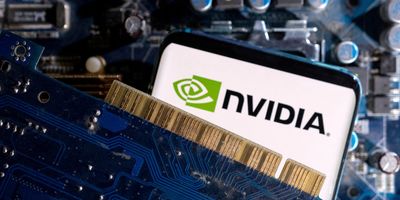Hard Numbers: Delayed chip exports, Three-day workweek, Tim Cook’s view on regulation, Concern vs. excitement, Security pact
REUTERS/Dado Ruvic
1.9%: NVIDIA is building new computer chips to sell to China that are compliant with updated US export regulations. But the California-based company recently announced a delay in the release of those chips until Q1 2024, citing technical problems. In response, NVIDIA’s high-flying stock, which took the company’s valuation north of $1 trillion this year, fell 1.9% on Friday.
3: Microsoft co-founder Bill Gates doesn’t think AI is going to take everyone’s job, but he does think it could lead to a three-day workweek. “I don't think AI's impact will be as dramatic as the Industrial Revolution,” Gates told Trevor Noah on the comedian’s podcast, “but it certainly will be as big as the introduction of the PC.”
18: Apple CEO Tim Cook thinks that generative AI needs “rules of the road and some regulation,” which he expects will come in the next 18 months. “I think most governments are a little behind the curve today,” Cook said on a podcast with the pop singer Dua Lipa. “I think the US, the UK, the EU, and several countries in Asia are quickly coming up to speed.”
52%: More Americans, some 52%, are concerned about the use of AI than they are excited about it, according to a Pew Research Center survey. Ten percent are more excited than concerned, and 36% have mixed feelings.
18: A group of 18 countries, headlined by the US and UK, announced on Sunday that they had signed a pact to ensure AI systems are safe from cybersecurity threats. The commitments are voluntary but offer guidelines to companies developing AI systems at a time when governments are still in the early stages of crafting regulation to rein in the emerging technology.